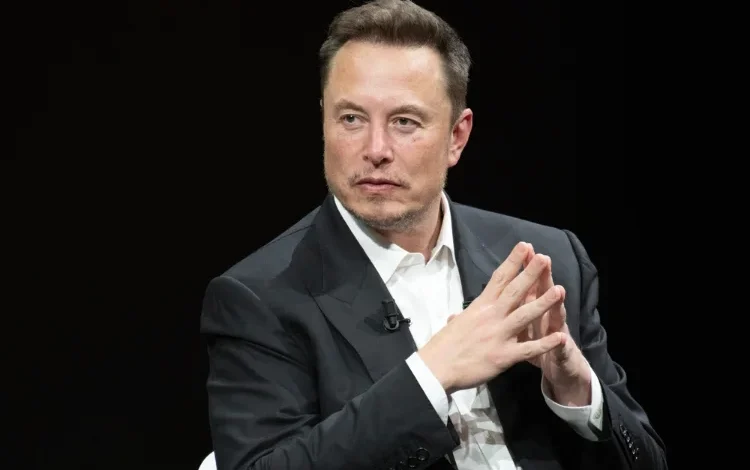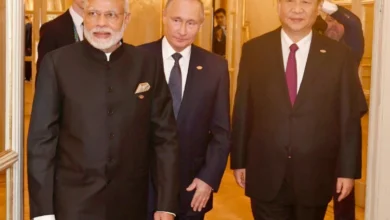
Elon Musk Revises Federal Budget Cut Target: $2 Trillion May Be Unrealistic
Musk Adjusts Budget-Cutting Goal for DOGE
Tech entrepreneur Elon Musk has revised his ambitious plan to recommend $2 trillion in federal budget cuts, acknowledging that the original target may not be achievable. Speaking during an interview with political strategist Mark Penn on X, Musk clarified that $2 trillion was a “best-case scenario,” but achieving half that amount was more realistic.
Earlier Claims at Trump Rally
Musk, who co-leads the Department of Government Efficiency (DOGE) alongside Vivek Ramaswamy, previously asserted during an October rally for President-elect Donald Trump that budget reductions of at least $2 trillion were possible. However, budget experts quickly dismissed this estimate, noting that the entire discretionary budget amounts to only $1.7 trillion. Musk’s updated statements mark a significant revision of his earlier claims.
The Role of DOGE
The Department of Government Efficiency, named after the popular internet meme “Doge,” is an advisory body with no official authority. Its purpose is to provide recommendations to the White House, with Musk and Ramaswamy spearheading efforts to identify areas for potential cuts. The panel’s recommendations are expected to be submitted once Trump assumes office for a second term.
Focus on Realistic Outcomes
During the interview, Penn asked Musk whether the $2 trillion target remained feasible given his recent analysis. Musk responded, “I think we’ll try for $2 trillion. That’s the best-case outcome. But if we aim for $2 trillion, we have a good shot at cutting $1 trillion.”
Despite lowering expectations, Musk emphasized that reducing the deficit from $2 trillion to $1 trillion would still deliver “an epic outcome.” He explained that such reductions could curb inflation by aligning economic growth with the money supply.
Challenges and Expert Opinions
Experts have suggested that substantial budget cuts would require targeting mandatory spending programs like Medicaid. Musk has acknowledged that such cuts could lead to “hardship” for some individuals, signaling the challenges of achieving significant savings.
Penn, referencing the balanced budget achieved during President Bill Clinton’s administration, asked Musk if specific cuts had been identified. Musk responded vaguely, describing the federal budget as a “very target-rich environment for saving money” but did not offer specific examples.
Musk remains optimistic about the potential impact of DOGE’s recommendations, even if they fall short of initial goals. His revised estimate underscores the complexity of cutting federal spending while balancing economic priorities.




